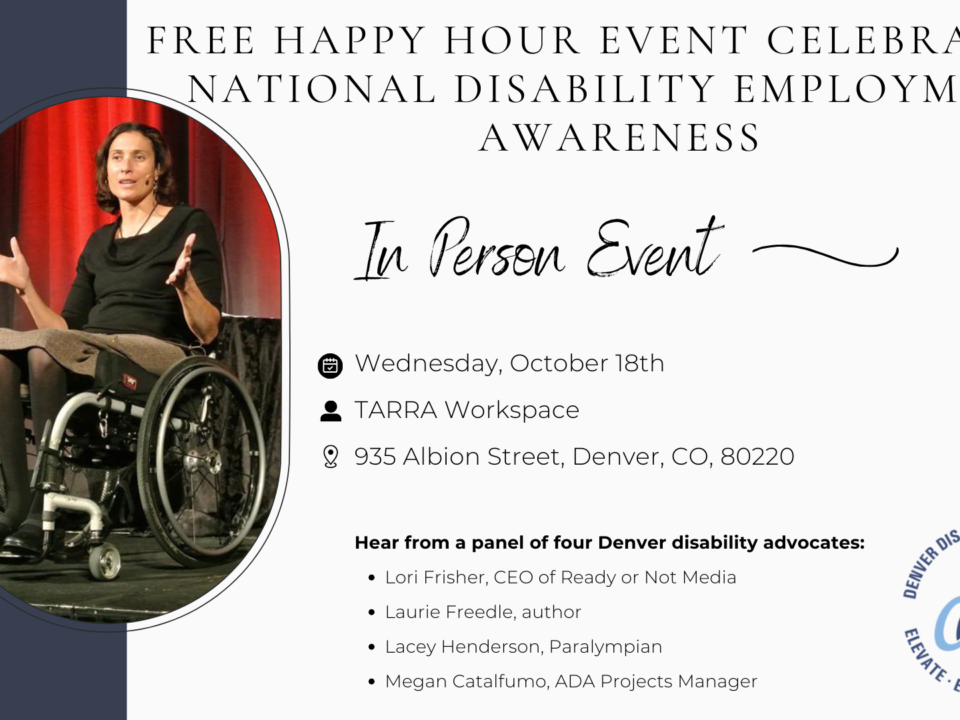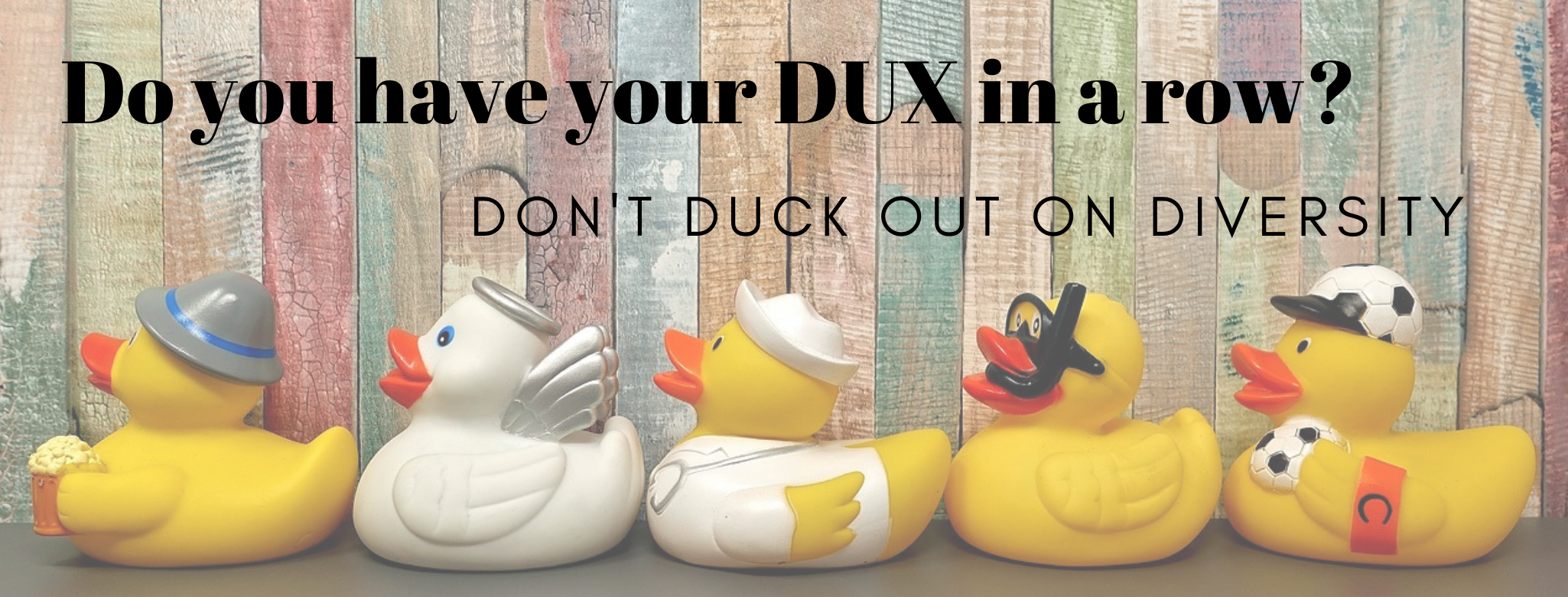What have you come up against in this pandemic situation that has suddenly shifted your world and put you at a loss for how to move forward? Are you unsettled by the unknown? Has your business changed overnight and you’re wondering what to do
We are in uncertain times for sure and it’s difficult to plan for or envision what the future looks like when the waters directly in front of you are so murky. I feel your pain. For the last four years, I have had one goal in my mind. Qualifying for and competing in the Paralympic Games in Tokyo. Hours spent in training and traveling to competitions all over the world. And today, that dream was put on hold. What comes next?
It doesn’t take much for your inner dialogue to begin spinning out of control with questions, worry, and frustration about what lies around the corner. Oh, the rabbit holes we can go down! It’s easy to think of all the bad things that can happen to us in a time like this, but there are ways to quiet the thoughts that threaten to take us off course.
In 2007, I was training for an Ironman triathlon and beginning to have extreme anxiety about the race, so I enlisted the help of a sports psychologist. One of the exercises she worked through with me is what I call the “what ifs.” She had me write down on a piece of paper, all of my concerns about things I thought could go wrong in the race. Once I wrote down the list, I wrote each one on the front of an individual note card.
Some of the things I was worried about in that particular instance were flat tires, feeling sick on the nearly ten-hour bike ride, the major gusts of wind that threatened to blow me off the road, and other race hazards.
On the back of each of those cards, the sports psychologist challenged me to come up with a script of the positive reactions I could put into play if one (or more) of those discouraging things were to happen. On the back of each card, I wrote the steps I would take to in each instance to overcome the setback. Some I could deal with just one step, others I wrote a series of steps.
The answers might be as simple as taking a deep breath and thinking a certain thought—such as an affirmation like, “I cut through the wind like a knife”, or in the case of a flat tire, it was a series of steps: first—relax, second—affirmation: “I can fix this problem without letting it impact my race, third—calmly dismount the handcycle, fourth—change the flat tire quickly and efficiently, fifth—return to the handcycle, sixth—affirmation: “I am back in the race and can catch up to where I need to be.”
The goal of the exercise was to come up with positive reactions ahead of time when you are thinking about the potential situations in a calm, relaxed frame of mind. So that if/when those things occur in the heat of the moment, you are not making knee-jerk reactions or panicking, when neither of those reactions will serve you.
I have used this technique a great deal in my everyday life. As a professional speaker, I have prepared for things such as a cell phone going off in the middle of my presentation, or forgetting what I was going to say. But as our world has become upended, I’ve asked myself questions such as, “what will I do if all of my speaking engagements are canceled?” As this is my livelihood, I felt it an important issue to problem-solve before fear crept in. I also asked, “what if the Olympics/Paralympics are canceled or postponed?” Figuring out my reactions ahead of time, gave me the ability to think clearly and view them objectively when they actually did occur.
This is not to say you can plan for everything in advance and that things won’t catch you off guard. That’s why I believe resilience truly is a muscle and needs to be trained on a regular basis. (See my post here for Eight Tips on Raising Your Resilience When Adversity Strikes).
Does this mean I’m never scared or disappointed or upset when things don’t go to plan? No. But in the moment, the important thing is to be focused on the task at hand. The race. The business. The speech. Because in any of these situations, it’s the person who can adapt most quickly to the changing circumstances whose performance is least impacted. And when adverse situations do appear, you can likely find a place of calm acceptance more quickly.
What are some of the unknowns you are facing? Might it be worth your time to figure out your “what ifs” ahead of time? What if you’ve lost your hourly job/contract work/or other financial concerns? What if this downtime lasts 4-8 weeks or more? What if schools are canceled for the rest of the year? What if you start feeling sick?
If you begin to put plans in place and explore your options and what ifs, you will ultimately be more prepared, and calm, in the case that one (or more) of these threaten to derail you.
Tricia Downing is recognized as a pioneer in the sport of women’s paratriathlon—the sport of triathlon for athletes with disabilities. She is the first female wheelchair racer to complete an Iron distance triathlon—1.2-mile swim, 112-mile bike, 26.2-mile run. She has competed in triathlon at all distances and both nationally and internationally.
She is currently a member of the U.S. National Shooting Sports Team, and is a 2016 Paralympian. Tricia holds Master’s degrees in both sport management and disability studies and is a professional speaker, resiliency “roll” model and author. She wrote and published her memoir Cycle of Hope in 2010 and published her first novel in August of 2018. She lives in Denver, Colorado. Visit her website at: www.triciadowning.com




